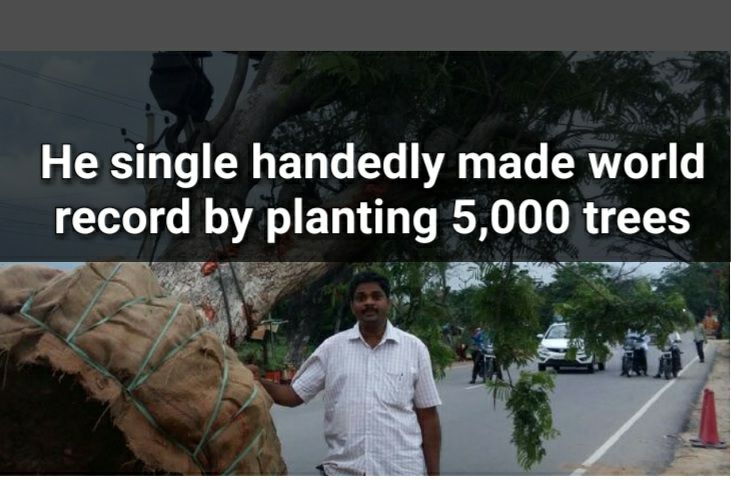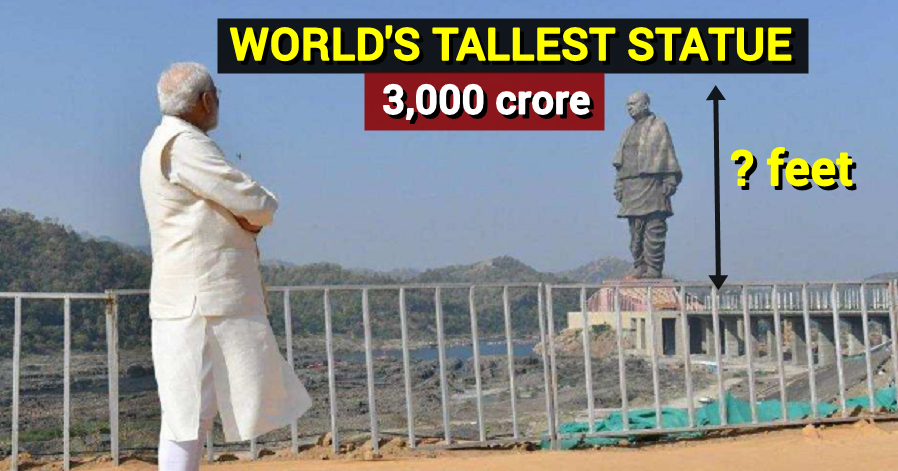No products in the cart.
Would he do the same if there was no media outrage?
The video of urinating, which went viral on social media, sparked tremendous outrage, and allegations were made that the culprit, Pravesh Shukla, was a close associate of a BJP legislator. This was a highly shameful act committed by Pravesh Shukla. Various reactions from people were also witnessed, which is completely justified. On Thursday, Madhya Pradesh Chief Minister Shivraj Singh Chouhan washed the feet of the tribal person on whom the recent act of urination was performed and the video of this incident went viral on social media.
Chief Minister Shivraj Singh Chouhan also sought forgiveness from the victim, Dashmat Rawat, for the incident that took place in the Sidhi district of the state. He said it was his duty because “the people are my gods”. Later, Rawat accompanied the Chief Minister to Bhopal’s Smart City Park, where they planted a tree together. Additionally, this was spread via social media.
The video of urinating, which went viral on social media, sparked tremendous outrage, and allegations were made that the culprit, Pravesh Shukla, was a close associate of a BJP legislator. Shukla was arrested on Wednesday and his illegal assets were confiscated.
Former Pradesh Congress President Kantilal Bhuria claimed that Shukla had forced the victim to sign an affidavit to escape any charges against him. He stated that this incident is disrespectful to the entire tribal community.
Meanwhile, the ruling Bharatiya Janata Party (BJP) has denied any kind of association with Shukla. The state has filed charges against him under Section 294 (obscene act), 504 (intentional insult with intent to provoke breach of peace), and the Scheduled Castes and Scheduled Tribes (Prevention of Atrocities) Act. Stringent national security laws have also been invoked.
Madhya Pradesh’s Home Minister, Narottam Mishra, described Shukla’s actions as “vile, condemnable, and shameful for humanity.”
Overall, this incident has not only caused outrage but has also prompted important conversations about the treatment of marginalized communities in society, the role of politicians and lawmakers in addressing such issues, and the need for collective efforts to create a more inclusive and equitable society.








